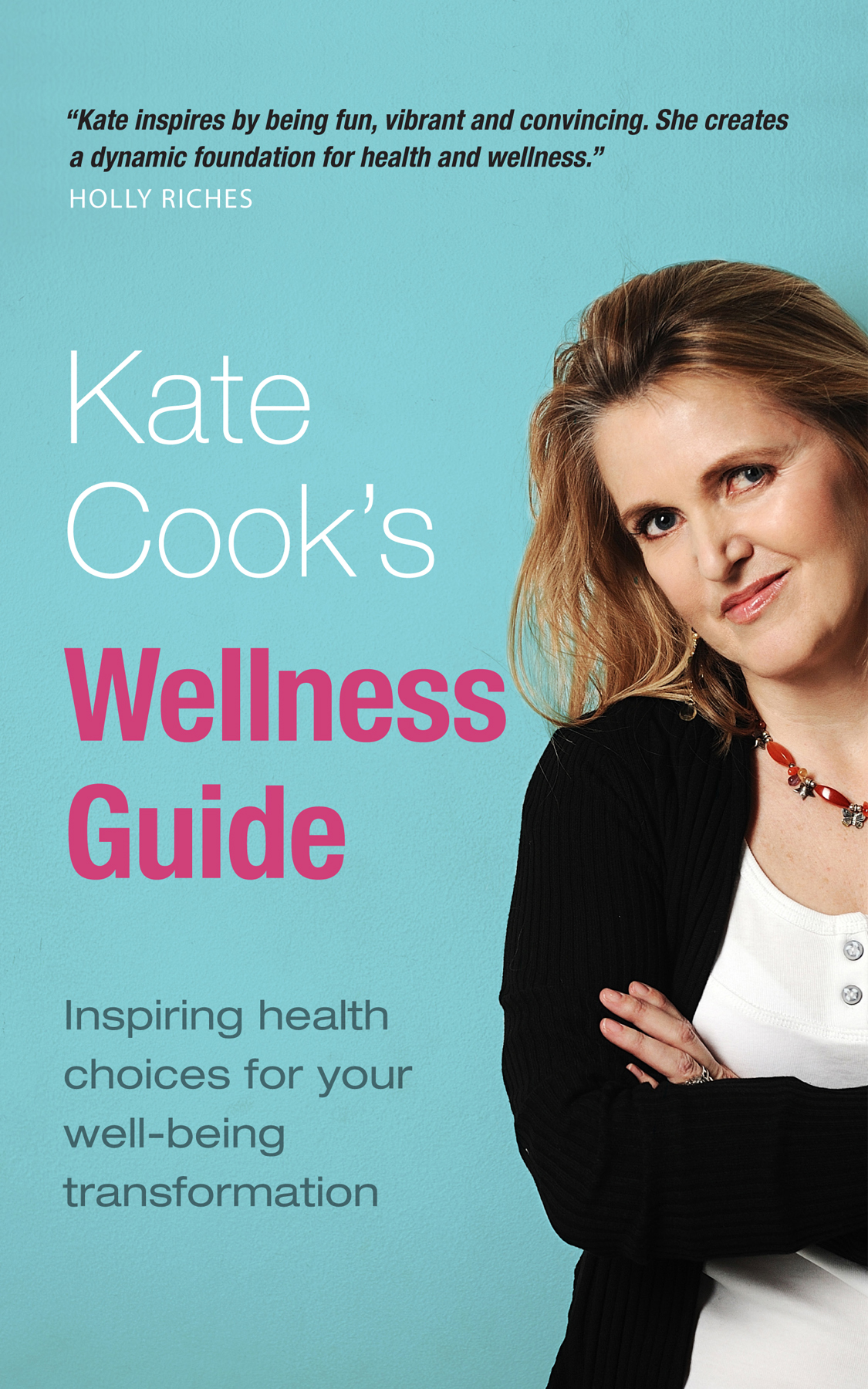Healthy eating is for life – eat food, not fads
20 April 2017 by Rebecca in Current events, Kate Cook's Wellness Guide, Lifestyle
By Kate Cook, author of Kate Cook’s Wellness Guide
The problem with the discipline of nutrition is that it has a tendency to make us think of eating as a science, and lose sight of the fact that food is actually something quite wonderful and, dare I say, a little magical. We have become obsessed with looking behind the curtain to understand HOW IT ALL WORKS, but has it led to a better understanding of what nurtures us as humans? After all we have been eating for millions of years; in examining the microscopic detail, have we missed the big picture?
In the last few centuries nutrition science has developed with the goal of improving our health – identifying components in food, separating them from the food to study them, and reducing what we eat to a collection of elements. We’ve counted calories, weighed and measured our fats, proteins and carbs, and separated foodstuffs into ‘good’ and ‘bad’ – good cholesterol and bad cholesterol, good fats and bad fats, good carbs and bad carbs. But when we separate the nutrient from the food it can lead to us overcomplicating eating. Recently the fad for ‘clean eating’ has led to a proposed new eating disorder, dubbed ‘orthorexia’, with people’s obsession with healthy eating leading to problems with both their physical and mental health. So can we rely on the experts to tell us what to put on our plates – do they really know what’s best for us?
Well, yes and no. The challenge with science is that we are so good at it these days we are constantly making new discoveries. And because of this the guidelines are frequently updated. So while in the 1980s we were all told that margarine was better than butter, nowadays the more natural hard fats such as butter and lard are creeping back into favour. And science is rarely simple and occasionally not particularly pure either. There has been controversy recently over studies from the 1970s into fat and sugar. We were told at the time that they revealed that fat was the big killer but now it seems that the studies were misrepresented (or worse) – sugar may have been the culprit after all. No wonder it is so easy to get confused about food.
So how can we simplify eating while ensuring we consume foods that nurture our bodies? Well I don’t think we can dismiss nutritional science out of hand. There have been some amazing steps forward in our understanding, but at the same time there is a lot more going on when we eat than science can unearth by breaking food down into its constituent parts. It is somewhat arrogant to assume that the latest piece of research, or superfood discovery is the end of the discussion in nutrition and what creates health.
We can take a leaf out of food writer Michael Pollan’s (author of books such as In Defence of Food) book in learning to eat ‘real’ food. By this we mean not taking short cuts, cooking meals ourselves from scratch, using great ingredients. Following that one simple rule will improve your health no end as you’ll be avoiding all those unnatural chemicals added to manufactured foods and cutting back on sugar, salt and processed fat without even thinking about it. Also of importance is eating together with our families or loved ones, taking the time to enjoy meals rather than grabbing food on the go and being wary of massive food fads and fashions. We can avoid the scare stories in the popular press and the flash in the pan obsessions over this nutrient or that superfood by keeping an eye on advancements in food science through reading more in depth and scientific writing. The key is balance.
So don’t feel you have to atone for that chocolate bunny you ate last weekend by spending the next fortnight living off green juices. We shouldn’t obsess over food and can all enjoy a little treat once in a while.
Go well – Kate
 Kate Cook’s Wellness Guide is available free for Kindle for a limited time. Download the book here, or buy the paperback here.
Kate Cook’s Wellness Guide is available free for Kindle for a limited time. Download the book here, or buy the paperback here.
